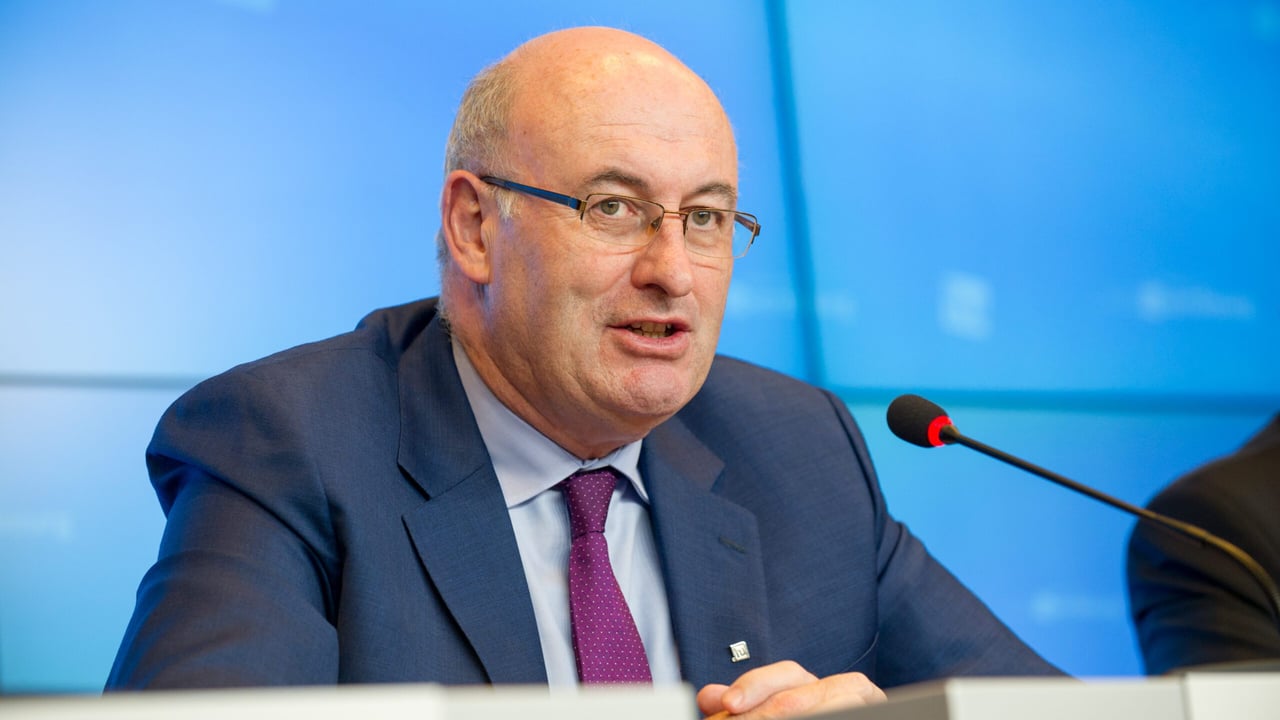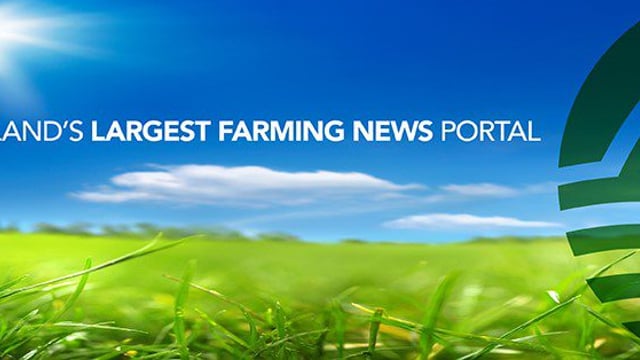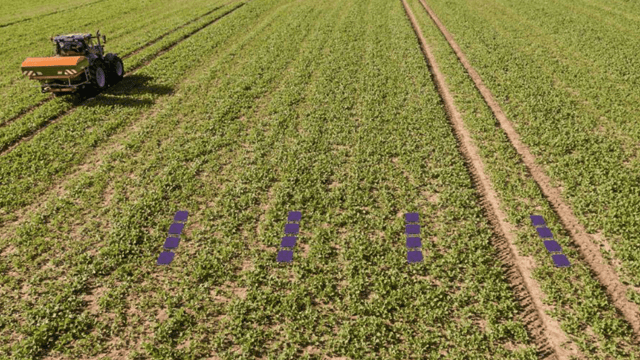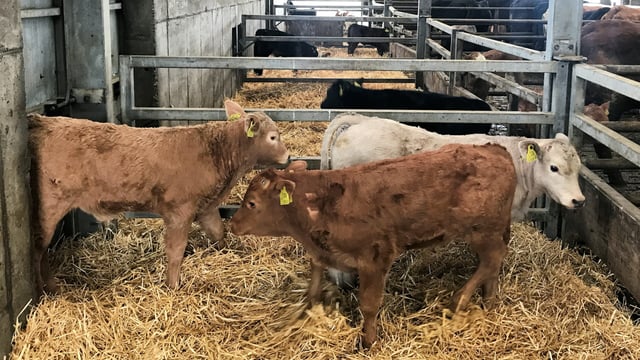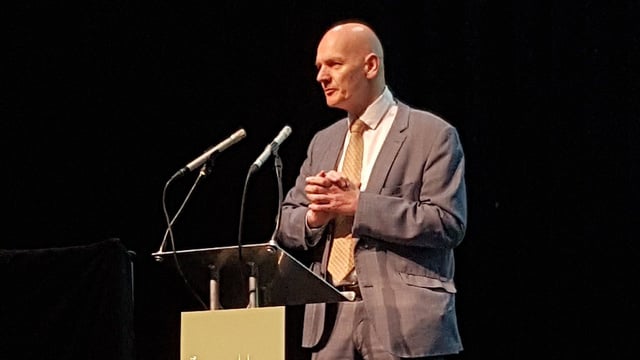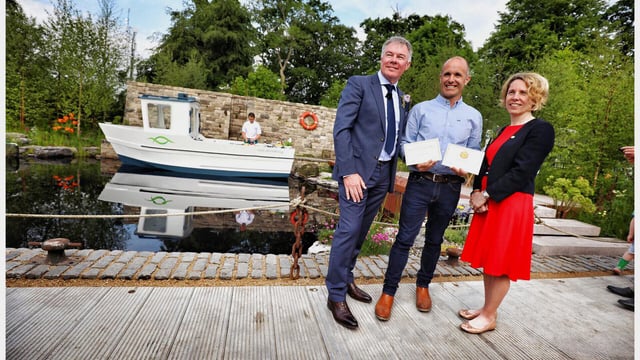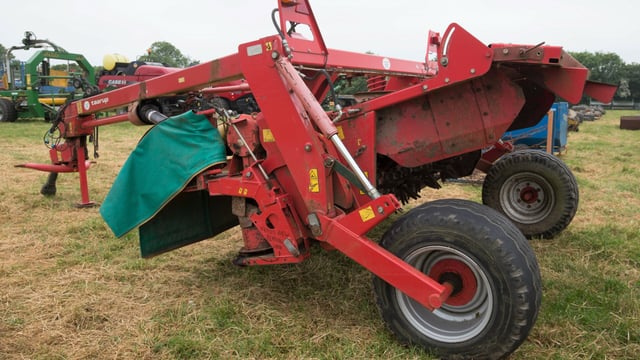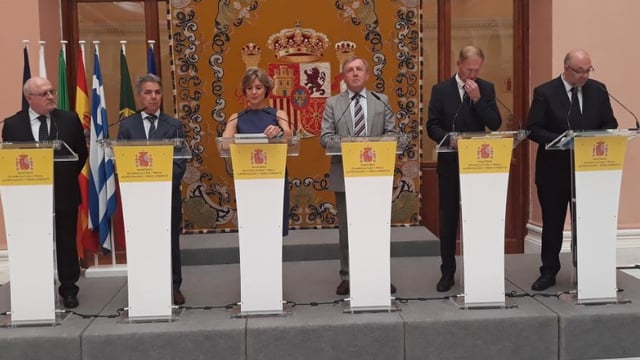CAP tables 'solid' payment support to 'set-up' young farmers
This morning the European Commission published its legislative proposals for the Common Agricultural Policy (CAP) post-2020 – which includes a new payment support to help “set-up” young farmers.
A commission source also confirmed that: “Direct payments across the EU are to be capped at €60,000. Member states, should they so wish, can then exercise an option to pay degressive payments up to €100,000.”
AgriLand understands that these payments would be paid in “degressive tranches”.
According to the legislative proposals, at EU level, all member states shall reduce the amount of direct payments to be granted to a farmer – for a given calendar year – which exceed €60,000.
For the next long-term EU budget 2021-2027, the commission is proposing to “modernise and simplify” the CAP.
With a budget of €365 billion, these proposals aim to make sure that the CAP: remains a future-proof policy; continues to support farmers and rural communities; leads the sustainable development of EU agriculture; and reflects the EU’s ambition on environmental care and climate action.
It is hoped today’s proposals will give member states greater flexibility and responsibility for choosing how and where to invest their CAP funding, in order to meet “ambitious goals” – set at EU level.
It is also hoped to support the EU’s drive towards “a smart, resilient, sustainable and competitive agricultural sector”; while, at the same time, ensuring a fair and better targeted support of farmers’ income.
‘CAP affects the lives of all Europeans’
Jyrki Katainen, European Commission Vice-President in charge of Jobs, Growth, Investment and Competitiveness said: “The CAP is one of our core policies and affects the lives of all Europeans.
These solid proposals will contribute to the competitiveness of the agricultural sector; whilst, at the same time, they reinforce its sustainability.
“With the new delivery model we provide more subsidiarity to member states in order to improve the effectiveness of the policy; and to better monitor its results,” he said.
Commenting on this morning’s announcement, the European Commissioner for Agriculture and Rural Development, Phil Hogan, said: “Today’s proposal delivers on the commission’s commitment to modernise and simplify the CAP – delivering genuine subsidiarity for member states, ensuring a more resilient agricultural sector in Europe and increasing the environmental and climate ambition of the policy.”
The main features of the commission’s proposals for a “modernised, simplified CAP” are outlined below.
‘A new way of working’
It was outlined again this morning that member states will have more flexibility in how to use their funding allocations – allowing them to design tailor-made programmes that “respond most effectively” to their respective farmers’ and wider rural communities’ concerns.
Member states will also have the option to transfer up to 15% of their CAP allocations between direct payments and rural development – and vice-versa – to “ensure that their priorities and measures can be funded”.
‘A fairer deal’ through better targeting of support
It has been confirmed that direct payments will remain “an essential part of the policy, ensuring stability and predictability for farmers”.
Priority will reportedly be given to supporting the small, and medium-sized farms, that constitute the majority of the EU’s farming sector – and to helping young farmers.
The commission stated that it remains committed to achieving a fairer distribution of direct payments between member states “through external convergence“.
Environmental and climate action
Climate change, natural resources, biodiversity, habitats and landscapes are all addressed in the EU-wide objectives proposed today.
Farmers’ income support is already linked to the application of environment and climate-friendly practices; the new CAP will require farmers to achieve a higher level of ambition through both mandatory and incentive-based measures, the commission explained.
Knowledge and innovation
The modernised CAP aims to take advantage of all the “latest technologies and innovations”, thereby helping both farmers in the field and public administrations.
What next?
The European Commission stated that a “swift agreement” on the overall long-term EU budget, and its sectoral proposals, is essential to ensure that EU funds start delivering results on the ground as soon as possible; and that farmers are provided with the necessary certainty and predictability for their business and investment decisions.
“Delays similar to the ones experienced at the beginning of the current 2014-2020 budgetary period could potentially mean that farmers, and national administrations, would not benefit from the reduced bureaucracy, greater flexibility and more effective results that the new CAP will bring.
Any delays in approval of the future budget would also delay the start of thousands of potential new projects across the EU – designed to support farmers and rural communities tackling issues – from strengthening environmental protection to attracting new farmers.
“An agreement on the next long-term budget in 2019 would provide for a seamless transition between the current long-term budget (2014-2020) and the new one. It would also ensure predictability and continuity of funding to the benefit of all,” the commission said in a statement.

